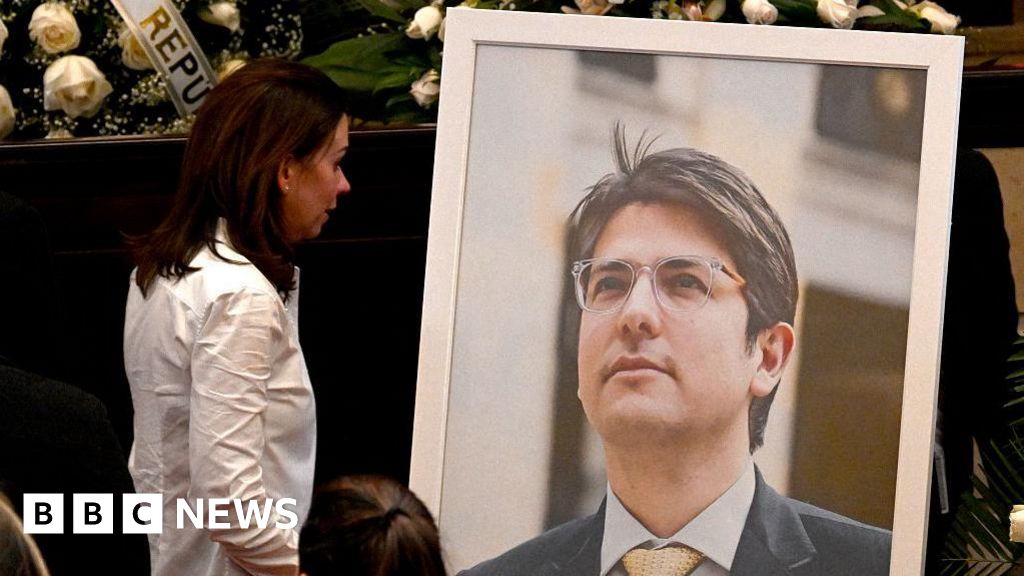French authorities have launched a comprehensive campaign to locate and confiscate thousands of tiny Chinese-made mobile phones that are reportedly being used by inmates to orchestrate criminal activities while incarcerated. These phones, which are about the size of a cigarette lighter, are made predominantly from plastic, making them difficult to detect using conventional metal detectors.
Called "suppositories" by inmates due to their easy concealability, these miniature phones have caught the attention of France's cybercrime division, leading to the launch of Operation Prison Break, as announced by the Paris prosecutor's office. The operation grants prison guards the authority to carry out searches in 66 detention centres, covering around 500 cells.
Reports from Le Monde indicate that these devices have been instrumental in facilitating a range of serious crimes from inside prisons, including drug trafficking, racketeering, arson, and even attempted murder. The initiative comes after the Justice Minister, Gerald Darmanin, expressed a commitment to target drug gangs and ensure that criminal leaders cannot continue to operate while behind bars.
The phones were allegedly provided by a French company called Oportik, which has since been halted from trading, with three of its staff members arrested. Oportik is estimated to have sold roughly 5,000 of these phones, priced as low as €20 (£16.84) each.
With 40,000 mobile phones confiscated from French prisons in 2024 alone, authorities noted that while conventional phones are often thrown over prison walls or delivered by drones, smuggling via corrupt staff remains a critical issue. Although some prisons employ phone-jamming technology, skepticism surrounds its effectiveness.
Meanwhile, the prosecutor's office has shared its investigation findings on the Oportik phones with Eurojust, the EU's judicial cooperation agency, paving the way for other nations to implement similar measures against the smuggling of contraband mobile devices into prisons.
Called "suppositories" by inmates due to their easy concealability, these miniature phones have caught the attention of France's cybercrime division, leading to the launch of Operation Prison Break, as announced by the Paris prosecutor's office. The operation grants prison guards the authority to carry out searches in 66 detention centres, covering around 500 cells.
Reports from Le Monde indicate that these devices have been instrumental in facilitating a range of serious crimes from inside prisons, including drug trafficking, racketeering, arson, and even attempted murder. The initiative comes after the Justice Minister, Gerald Darmanin, expressed a commitment to target drug gangs and ensure that criminal leaders cannot continue to operate while behind bars.
The phones were allegedly provided by a French company called Oportik, which has since been halted from trading, with three of its staff members arrested. Oportik is estimated to have sold roughly 5,000 of these phones, priced as low as €20 (£16.84) each.
With 40,000 mobile phones confiscated from French prisons in 2024 alone, authorities noted that while conventional phones are often thrown over prison walls or delivered by drones, smuggling via corrupt staff remains a critical issue. Although some prisons employ phone-jamming technology, skepticism surrounds its effectiveness.
Meanwhile, the prosecutor's office has shared its investigation findings on the Oportik phones with Eurojust, the EU's judicial cooperation agency, paving the way for other nations to implement similar measures against the smuggling of contraband mobile devices into prisons.




















